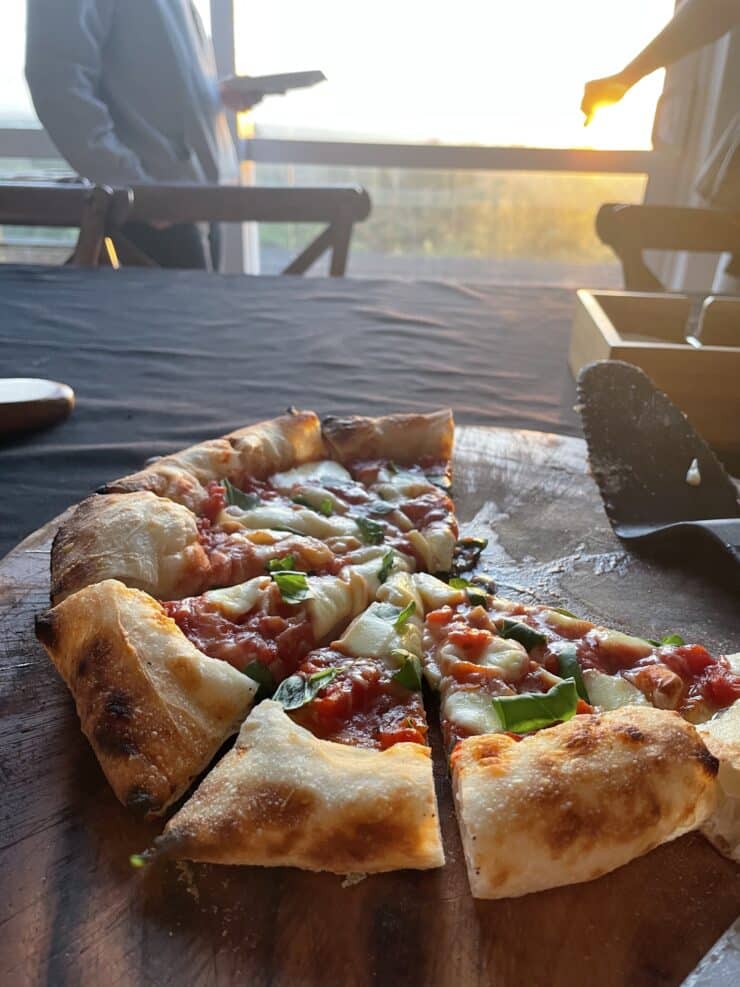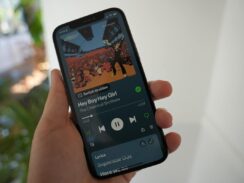What we are really missing
Last week, I listened to my Release Radar playlist on Spotify, and for the first time in a long time, I immediately fell in love with a song: Charlie Puth’s new single, “Changes”. I kept playing it on repeat.
The song has this warm, nostalgic late 80s/early 90s feeling, and reminded me of a combination of Phil Collins, Peter Gabriel, and Bruce Hornsby and the Range. (I realized later he cleverly weaves in lyrics from their songs, like “in the air” and “just the way it is.”) It took me back to those Meg Ryan or Julia Roberts rom-coms that featured long musical interludes as part of their storytelling. Charlie Puth digs into this nostalgia even further with the music video’s Walkman and bright orange foam over-ear headphones.
The lyrics speak to that nostalgic longing for the past, feeling sad for how much has changed. He sings that people used to share their fears, but now there’s more small talk, distance, and silence because they are afraid of being mocked for needing help.
Puth also put out a video explaining why he thinks AI will never completely take over human-made music, because what makes human-made music so special is its imperfections. (I loved the examples he gave.) The same is true for human connection. The flawed but genuine attention we give each other, with all our unrounded edges and quirks, is what we’re longing for, and no technology can ever totally fulfill that.
This nostalgia for connection seems to be everywhere right now. Perhaps it’s a form of resistance to all this tech and AI, or maybe it’s a symptom of loneliness, even though we appear to be more connected than ever.
I saw a similar sentiment in an Instagram post by Will Reagan:
“I think we need less, less entertainment, less stimulation, less dopamine, less triggers, but we also need more, more time together, more vulnerability, more stories, more deep breaths, more shared melodies. We need each other. And I miss it. I miss being in a room full of people who felt what I felt. I don’t have the answers, but I know I need people. So I’m headed to find them again.”
And I read this longing for genuine connection in a newsletter by Annie B. Jones:
“If we were sitting on my front stoop this week – and honestly, I wish we were – I’d want to know how you were. I’d want to know how you’re handling the fire hydrant deluge that is the news; how you’re sleeping… and do we all just want to throw our phones into the ocean and start over…if you miss your friends but also can’t seem to keep up with the texts.
I think I’d want to know if you were feeling nostalgic for what was, even if what was maybe wasn’t that great, but at least it was familiar and known.
These are the things that have been swirling in my head this week, and if we were chatting on the stoop, I’d want to know if they were swirling in yours, too.”
This cultural desire for genuine connection ties into something I heard on Mel Robbins’ podcast, interviewing Dr. Amishi Jha:
“One of the real values of cultivating your attention is to use it in the service of the deepest and most meaningful things that we do in our lives as it relates to our relationships with other people. So it is a form of love. Attention is a form of love. It’s the most you can give of yourself. It is literally giving the full capacity of your brain and devoting it to another person. How do you experience care from another person? It starts with attention.”
That’s the exact benefit of eating together: you’re in a room full of people and forced to slow down and not rush. You have more time to be together, to really talk and go beneath the small talk. You’re giving people your attention, a form of love. You’ve put aside the evening specifically to be with people, not for a meeting, an event, or to watch something, but simply to share time. It’s not about things being perfect. We just need people.
That sense of genuine attention and not rushing is what I noticed on a walk with my husband yesterday. We heard our neighbor’s dog barking nonstop and, worried for him since he’s in his 80s, we walked down to check. We found him sitting on a bench, perfectly fine, just observing tree saplings that had sprouted up after woodpigeons had dropped seeds there. This is what real attention looks like in practice. Our neighbor was simply present and observing nature.
There’s so much talk about AI and what things it will change or which jobs it could take away. The other day, Regan said to me, “That’s why Friday’s Pizza is so important: AI can never replace it.” Maybe that’s what all this nostalgia is really about: not missing the past, but missing each other.


